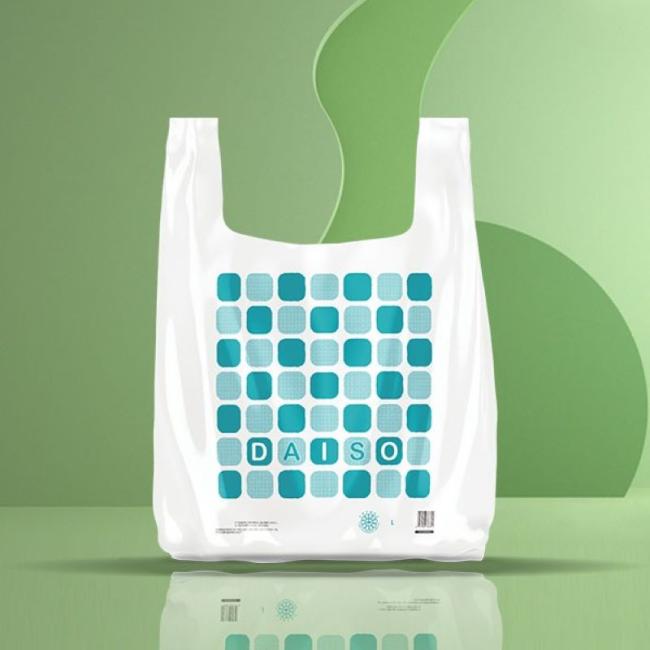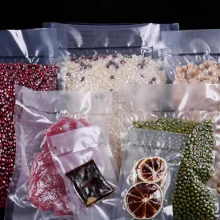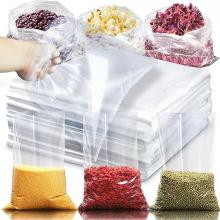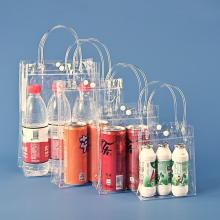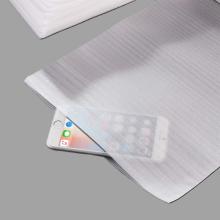PBAT bag (PBAT plastic bag, PBAT packaging bag) is a bag made from the biodegradable material PBAT, which combines the good biodegradability of aliphatic polyester with the excellent physical and mechanical properties of aromatic polyester, and is therefore used as one of the ideal substitutes for traditional petroleum-based plastics in many fields. When used in the manufacture of packaging bags, PBAT can provide similar functionality to conventional plastic products while reducing environmental pollution problems.
Features
- Environmentally friendly: PBAT can be completely decomposed into carbon dioxide and water under natural conditions, and will not produce toxic substances to pollute soil or water.
- Good mechanical properties: high strength and toughness, can meet a variety of packaging needs.
- strong processing adaptability: easy to mix with other biodegradable materials, such as PLA, to improve its performance; also applicable to the existing blown film, injection molding and other molding processes.
- High transparency: the transparency of the film is good, which is suitable for commodity packaging that needs to display the contents.
- Good printing effect: smooth and flat surface, suitable for a variety of ways of printing processing.
Applications
- food packaging: because it is safe, non-toxic and meets food safety standards, it can be used for disposable food-contact products such as fruit and vegetable cling film and bread and pastry bags.
- Agricultural mulch film: when used as mulch film, it can effectively control the growth of weeds and maintain soil moisture, and can eventually degrade on its own in the field without recycling.
- express logistics industry: with the development of e-commerce, the large number of courier packaging has become an important source of pollution. Eco-friendly courier bags made of PBAT not only reduce the carbon footprint, but also promote the spread of the concept of green consumption.
- Daily consumer goods packaging: including but not limited to cosmetics, personal care products and other areas of small items packaging, both beautiful and practical.
- Industrial Waste Bags: For the waste generated in some special occasions, if ordinary plastic bags are used to collect it may cause secondary pollution, which can be avoided by choosing PBAT material.
Product Materials Category

